FDA, VA are Moving Away from Paper-Based Processes
FDA and VA received FedHealthIT awards for their efforts to collect, store and analyze data to improve patient care.

The Food and Drug Administration and Department of Veterans Affairs received FedHealthIT awards this week for accelerating the move away from paper-based processes, digitizing health records and information to improve speed and quality of health care for patients.
“Information is the central core,” Janet Woodcock, FDA’s principal deputy commissioner said during Tuesday’s 2022 FedHealthIT Innovation Award reception. “Information is lifeblood that needs to flow through the entire ecosystem of health care. But unfortunately, my diagnosis is that that circulatory system is, right now, very sclerotic.”
Most FDA’s information is paper-based and siloed, making it difficult for the agency to move information from where it lives to where it’s needed. This leads to delays in patient care, frustrations for health care providers, errors in care and challenges to patient experiences, from billing to reimbursement.
FDA is accelerating scientific computing to streamline access, analysis and collection of data. Woodcock said this technology provides more “intelligent ways of wading through the massive amount of data.” FDA is looking at proteomics and genomics to provide scientific computing support.
“We have a massive amount of human data, and we just don’t know how to put it together. The human mind itself can’t do that,” Woodcock said. “[We need] the combination of intelligent computing along with people, for [processes] to function. It’s just too much of a flood of information.”
FDA’s Data Dashboard, which received an award during the FedHealthIT reception, allows users to search multiple databases and generate dashboard graphs based on the results. The dashboard is designed to support the understanding, accountability and analysis of public FDA data through easy to use, visually accessible, customizable and understandable graphics.
“If we focus on the data, and the accessibility of that data… then ensure [clinicians] have access to it, I think most of the change, the shift will be relatively seamless,” FDA CTO Sohail Chaudhry said during the reception. “We have done a lot of refreshes and modernization… but end of the day data silos still exists. That’s the key thing. We need to improve on that side.”
VA is also looking to transform its health care system by digitizing patient records, as seen in its Electronic Health Record Modernization (EHRM) Program, enabling providers to have the right data at the right time to ultimately improve and speed up health care delivery.
Neil Evans, chief officer for the Office of Connected Care at VHA, said VA is looking to operate a “health care system without walls,” turning to technology that is accessible outside of VA medical centers to deliver patient care. To do this, VA has to share resources across the enterprise in a standardized way.
FedHealthIT awarded VA for its Electronic Data Interchange (EDI), an innovative electronic communication technology. Health care EDI provides secure electronic data interchange between healthcare institutions, providers and patients, as well as allows for more secure and efficient data processing like healthcare claims processing.
“The current focus of my team is trying to support those innovators with platforms that have solved some of the boring stuff so that they can focus their time on the actual [challenge],” VA’s CTO Charles Worthington said. “[Innovators are] having to work siloed and resolve a lot of the same problems over and over again. It’s difficult for them to build on each other’s successes. We’re trying to change that.”
This is a carousel with manually rotating slides. Use Next and Previous buttons to navigate or jump to a slide with the slide dots
-

The Next AI Wave Requires Stronger Cyber Defenses, Data Management
IT officials warn of new vulnerabilities posed by AI as agencies continue to leverage the tech to boost operational efficiency.
5m read -
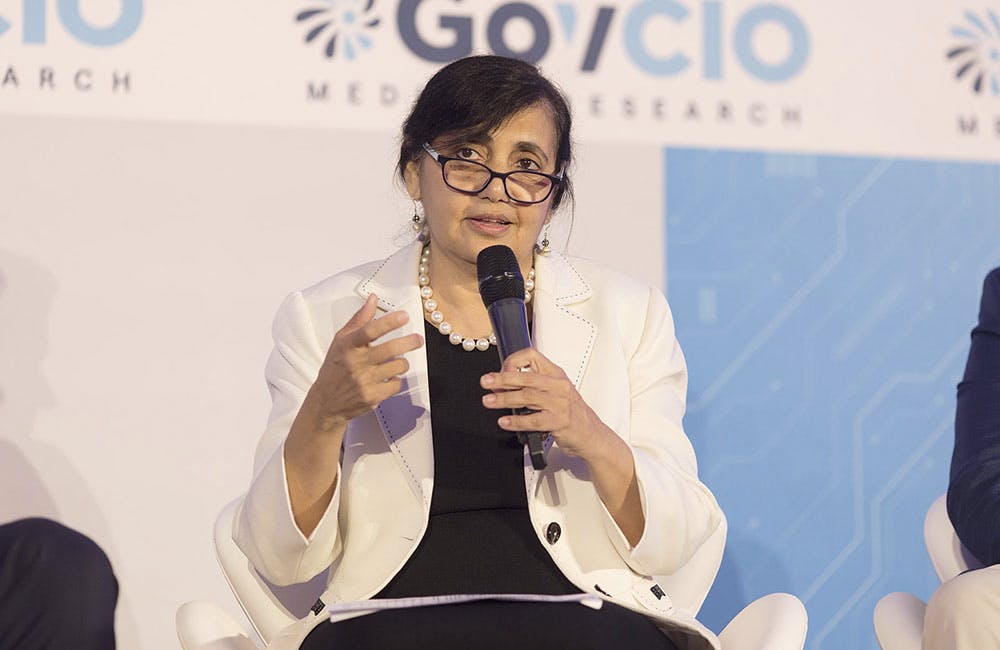
Federal CIOs Push for ROI-Focused Modernization to Advance Mission Goals
CIOs focus on return on investment, data governance and application modernization to drive mission outcomes as agencies adopt new tech tools.
4m read -
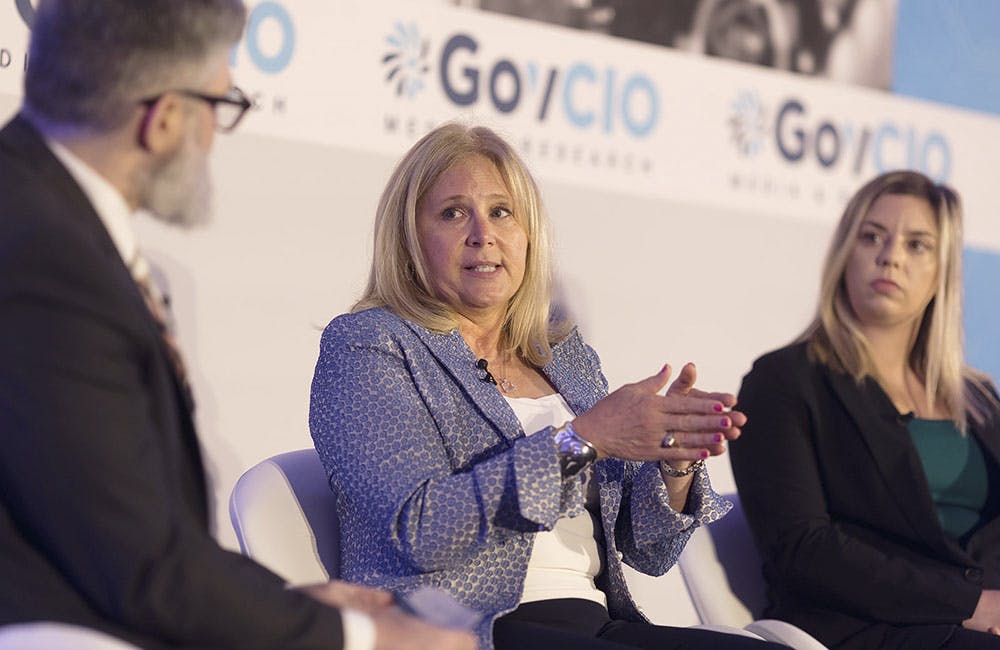
Agencies Push Data-Driven Acquisition Reforms to Boost Efficiency
New initiatives aim to increase visibility of agency spending, improve data quality and create avenues to deploy solutions across government.
5m read -

Data Transparency Essential to Government Reform, Rep. Sessions Says
Co-Chair of the Congressional DOGE Caucus Rep. Pete Sessions calls for data sharing and partnerships to reduce waste and improve efficiency.
5m read -

DOD Can No Longer Assume Superiority in Digital Warfare, Officials Warn
The DOD must make concerted efforts to address cyber vulnerabilities to maintain the tactical edge, military leaders said at HammerCon 2025.
4m read -
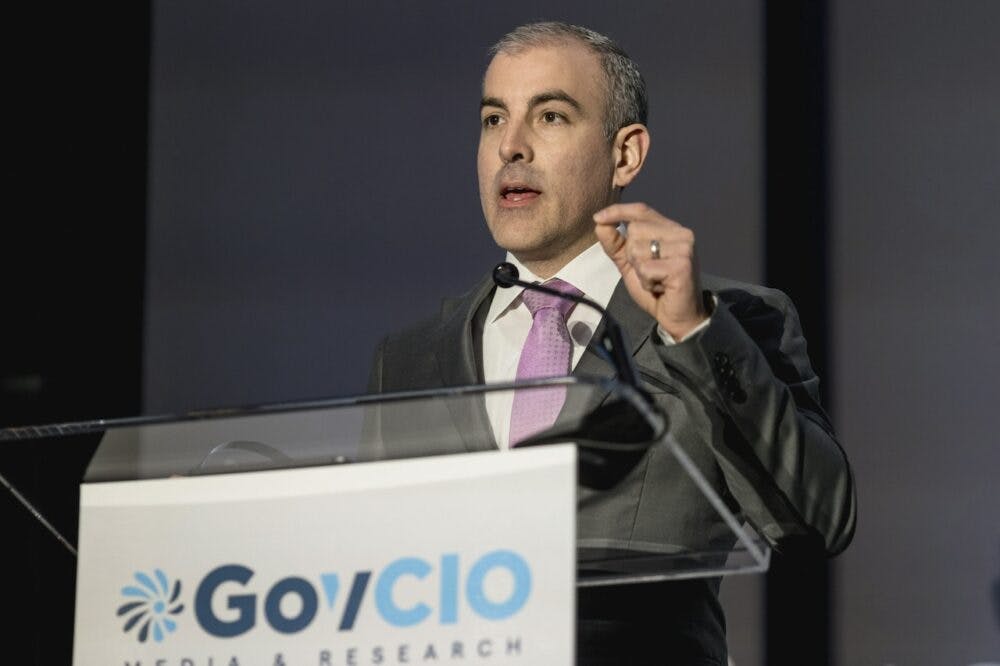
DHA CDAO Spearheads Master Data Catalog to Boost Transparency
Jesus Caban plans to boost DHA's data maturity through a new master data catalog, governance frameworks and inventory of tech tools.
5m read -

IRS Makes Direct File Code Public as Lawmakers Debate Program’s Fate
The agency sees the Direct File source code as beneficial to government digital services despite what happens with it in proposed budgets.
5m read -

A Look at Federal Zero Trust Transformation
Recent developments from CISA and DOD show how government is advancing zero trust quickly.
20m read -

DOI Must Modernize Energy to Win AI Race, Secretary Says
Doug Burgum links AI innovation to energy reform as DOI advances digital infrastructure and wildfire response under Trump’s tech agenda.
2m read -
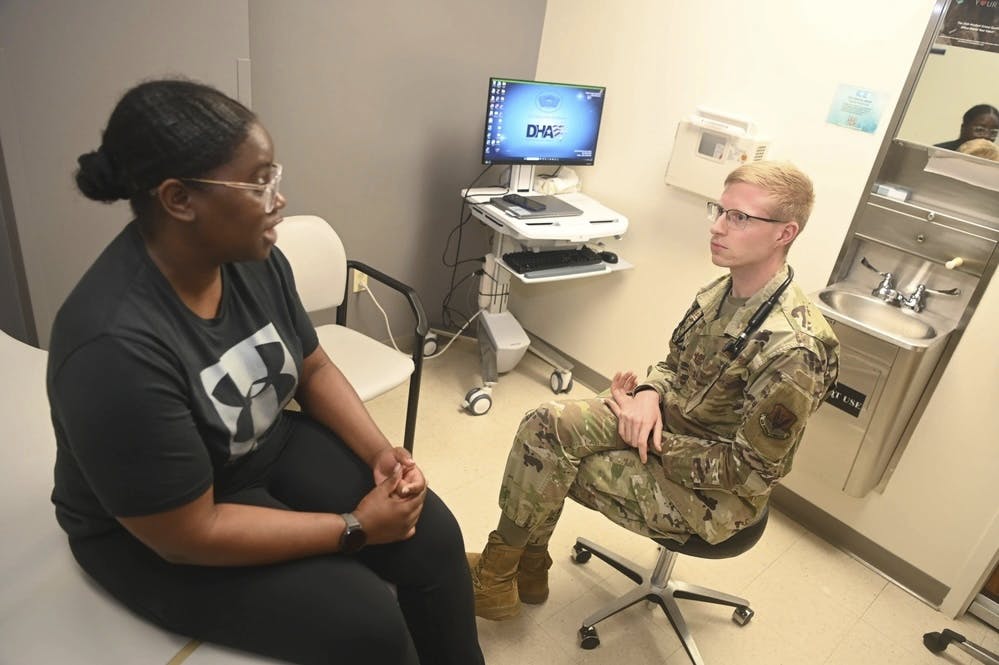
FEHRM CTO Targets Two-Year Cloud Migration for Federal EHR
Lance Scott touts new EHR tech advancements, including cloud migration, expanded data exchange and AI integration to improve care delivery.
4m read -
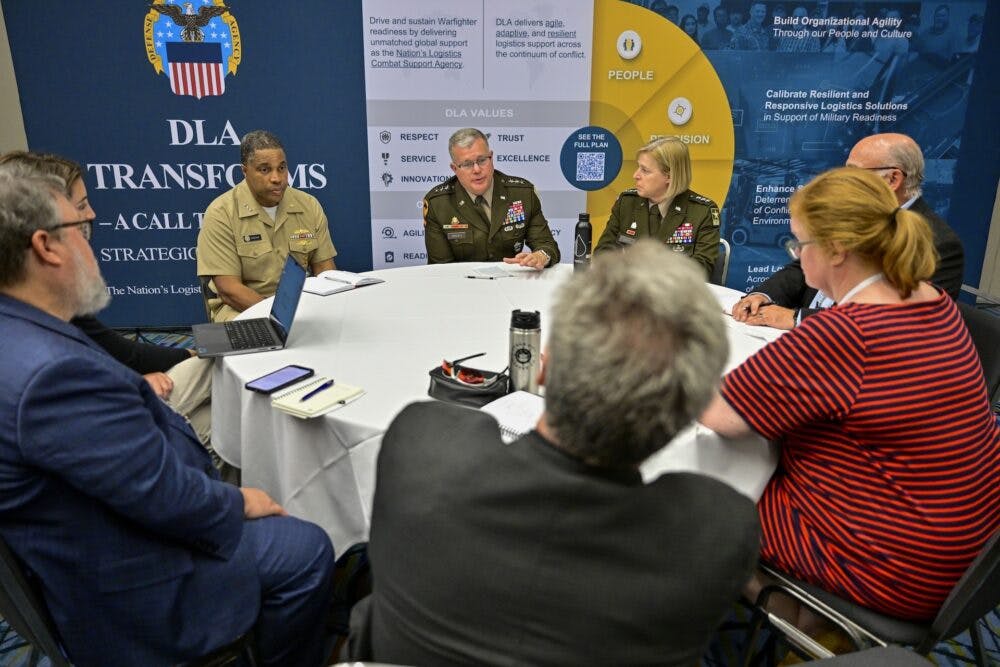
New Army Acquisition Plan Cites Autonomy, Predictive Analytics
Officials outline how the Army Transformation Initiative signals a broader shift toward efficiency with tech and acquisition reform.
4m read -
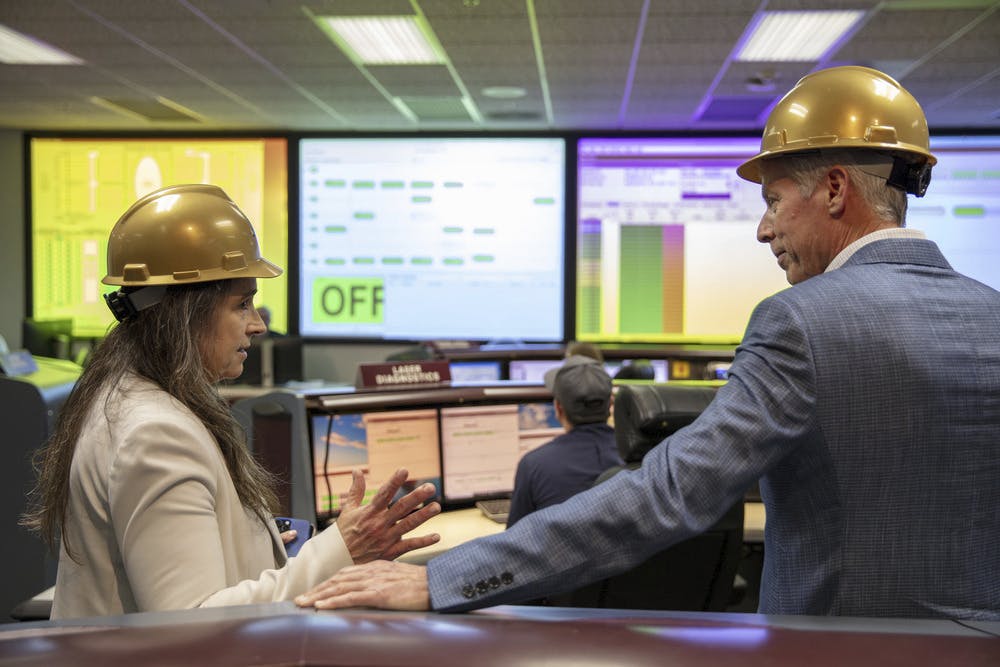
DOE National Labs Launch New AI Tools for Operational Efficiency
The Energy Department's National Laboratories are using AI to increase operational efficiency and drive research efforts forward.
3m read
















